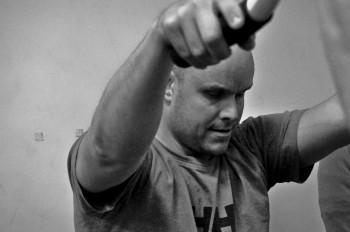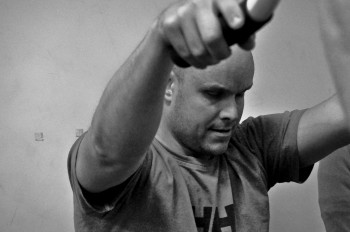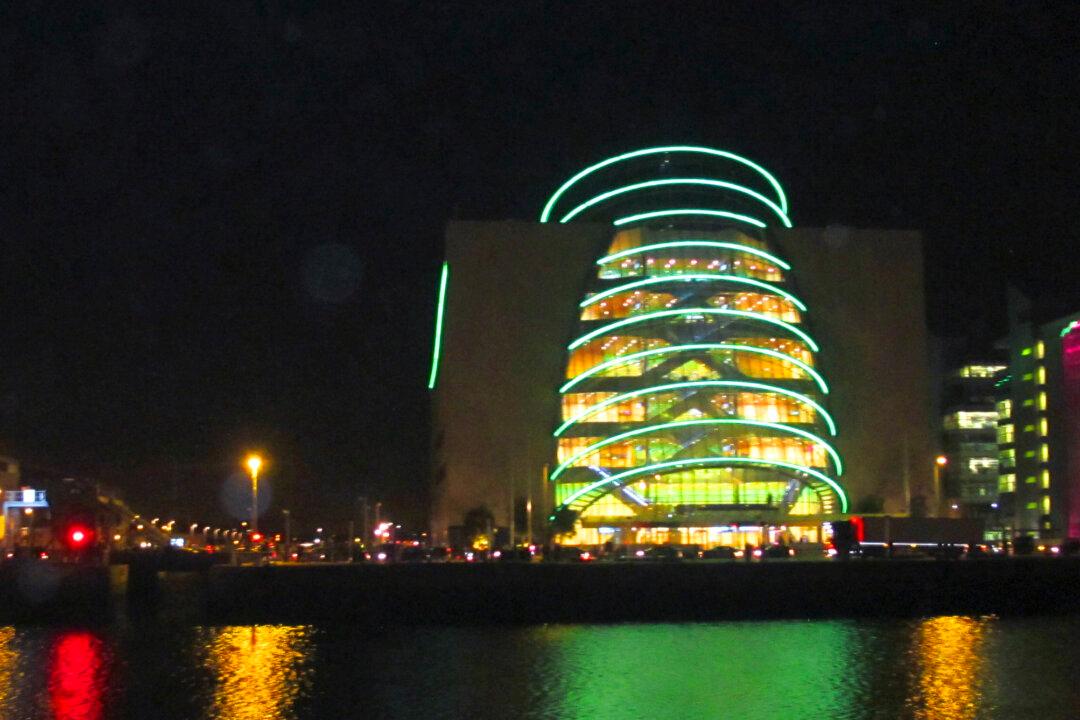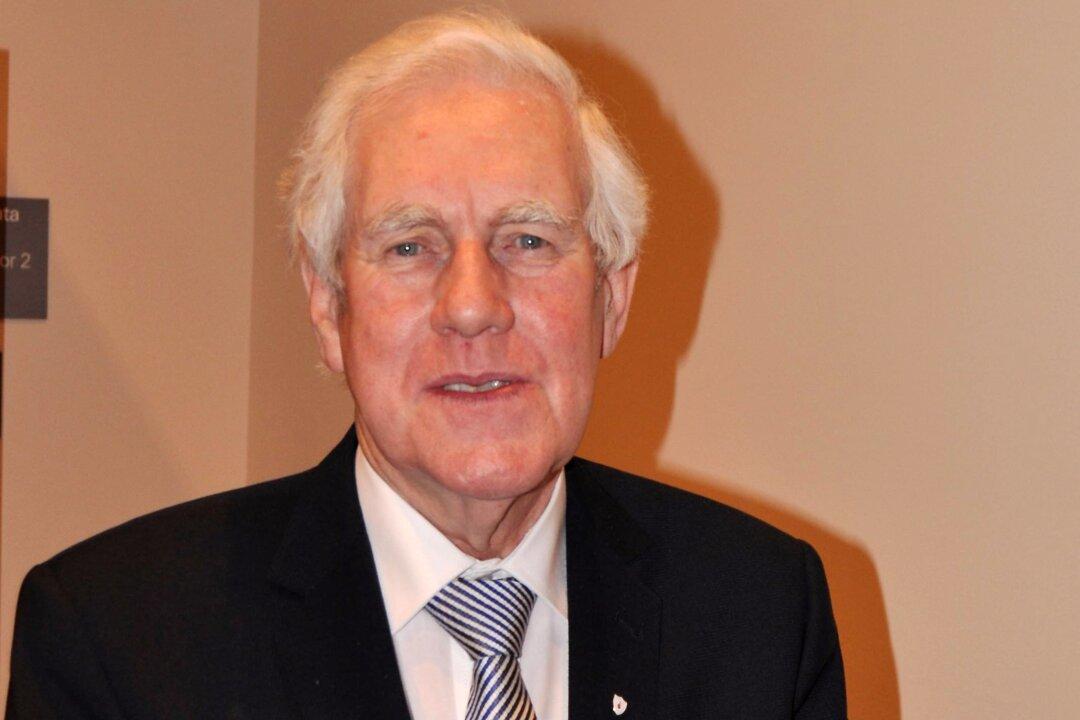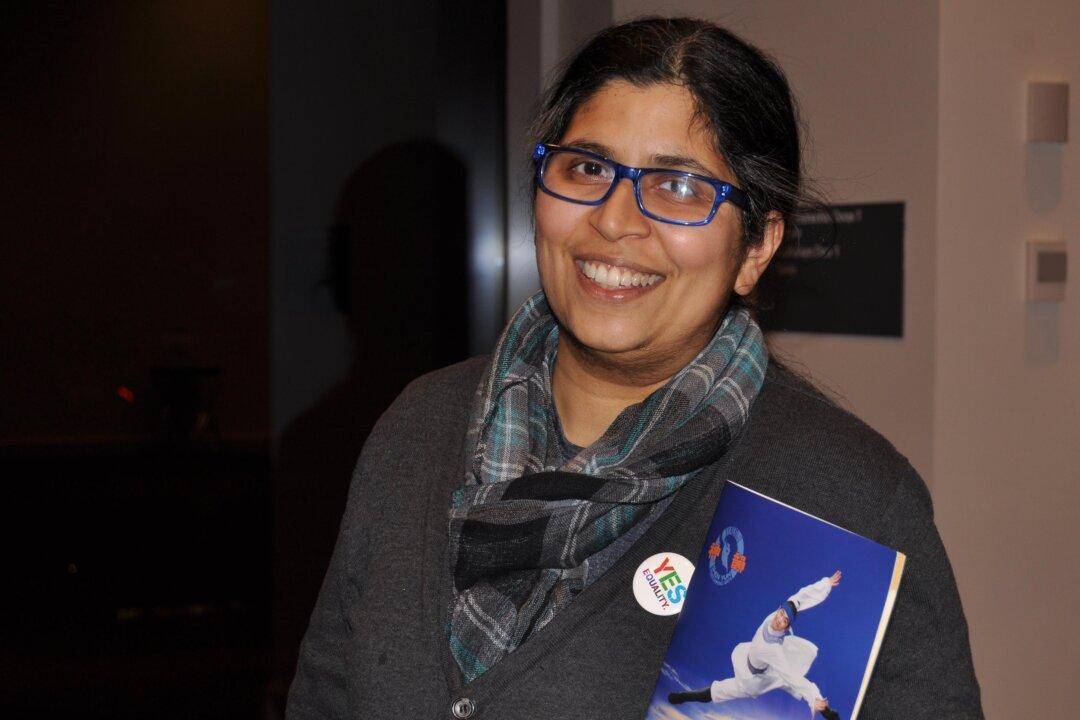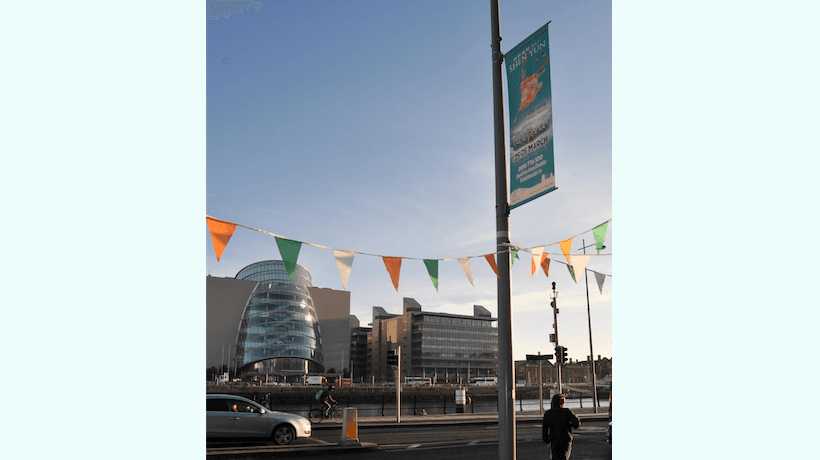Can you Help Mark Pollock With his Challenge?
It has been over a year since blind explorer Mark Pollock fell from a second floor window, resulting in his becoming paralysed. Mark’s recovery has been like most things in his life to date: a huge challenge.
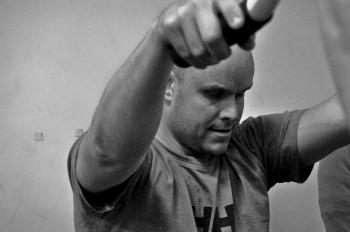
Mark Pollock training in a gym in Dublin Martin Murphy/The Epoch Times
|Updated:
